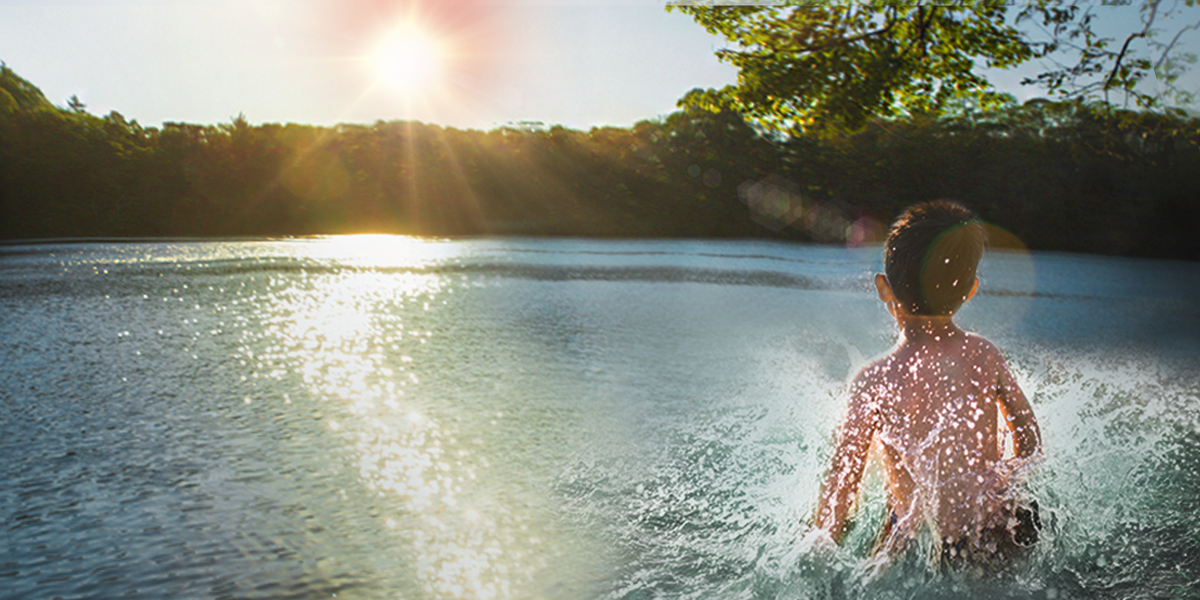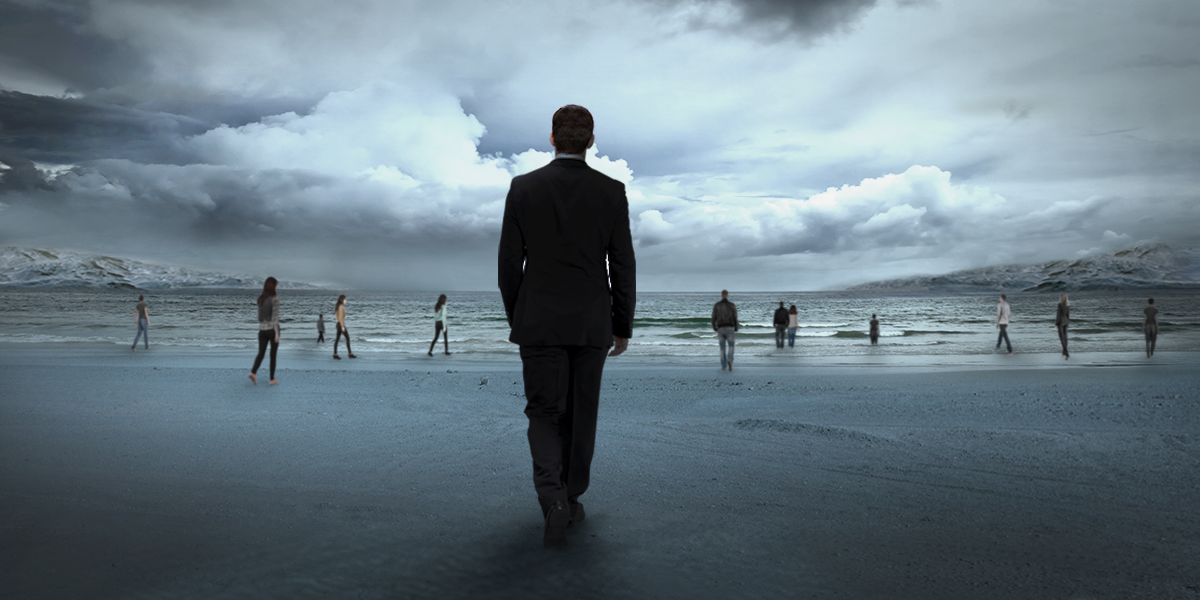Projector
Monitor
Lighting
Digital Display
Job References

This article contains spoilers
As with all Terrence Malick films, The Tree of Life presents an almost overwhelming combination of philosophy and visuals. Released in 2011 after years in development, the movie came out in a Criterion Collection Blu-ray edition back in 2018. This version uses upscaling to 4K from 1080p, and the results are good. It deserves to be viewed in 4K with HDR turned on, although the disc doesn’t officially support HDR.
That doesn’t matter because The Tree of Life has so much going on you’ll be entranced the whole time. And time is the imperative here. The story revolves around several axes, primarily the choice between a path of grace and a path of nature, which we take to mean a path of kindness and self-sacrifice versus a path of naturalistic self-interest. But make your own decision, The Tree of Life deserves to be seen by as many people as possible.
The title comes from the movie’s ambitious goal of covering life from the origins of the universe, through the experiences of a Texas family from the 1950’s to the 2000’s, and eventually to what appears to be the afterlife or a post-universe reality. All of these elements come together in Malick’s trademark introspective, disjointed, but charming style, with a clearly strong influence from Stanley Kubrick’s 2001: A Space Odyssey.
The Tree of Life features Brad Pitt and Jessica Chastain as the two parents in the family. Pitt represents the path of nature and so his character tends to be impulsive and even violent, while Chastain stands for the path of grace, offering kindness and forgiveness – although not unconditionally. The two kids are played by Ty Sheridan (as Jack) and Laramie Eppler, while Sean Penn portrays a grown up Jack who exists in a soulless 2000’s urban landscape.
To say that color and light play pivotal roles in The Tree of Life would be both an understatement and stating the obvious. This movie’s a feast for cinematography lovers, supervised by Emmanuel Lubezki, who previously worked with Malick on 2005’s The New World.
The scope of this movie often throws people off. It covers epochs from the very beginning of the universe and the time of the dinosaurs. The “native universe” scenes appear very similar to those from Space Odyssey, using inks and paints in water to create dazzling color effects you really need to experience on a good screen.
The vibrant and artistic depiction of cosmic creation clashes very quickly with Sean Penn’s era of the story. As an adult Jack, he lives in a practically sterile big city landscape that appears sunny but without much emotion. It’s all office buildings and sharp angles in this time period, with an almost bleached appearance to everything. The visuals echo Jack’s inner distress as he reflects on his life and recalls a troubled childhood that left him lost as a person.
The bulk of the story occurs in the 1950’s and 1960’s in what appears to be a semi-rural, semi-suburban community in Texas or perhaps Alabama. The town has a lot of greens due to having a subtropical climate with rich foliage. Houses are strong white, cars have primary colors, clothing is generally simple with browns for Mr. O’Brien (Pitt) and lighter tones for Mrs. O’Brien (Chastain).
Most important of these are the trees, as this movie is called The Tree of Life. Of course, reflecting the long tradition of believing in a legendary tree of life, in this version there’s an actual tree in the backyard, but it may just be a tree – you never know as this is a Terrence Malick story. Regardless, green pervades all over the place in the main sequences, and it always feels like it’s about to rain.
Through superb imagery we get a strong sense of what the neighborhood is like. Many of us doubtless have strong flashbacks to our own childhoods when watching The Tree of Life, remembering humid, fragrant afternoons spent playing outside with friends on the street, under a canopy of trees as cars drove lazily by. The Tree of Life captures that feel to a tee.
The movie’s third major time period may very well be the afterlife. It consists of several locales, each with very unique visual peculiarities. For starters, there’s a sort of desert grown up Jack crosses, where bright yellows and light browns dominate.
Since the film isn’t presented in chronological order and events take place almost at random, we can only assume souls eventually meet in a place that looks like a tranquil beach. And if you’re thinking this inspired the beach from famous video game Death Stranding, you’re probably right. Lubezki’s imagery leaves a lasting impression, to say the least.

At its heart, that’s the question asked by The Tree of Life. Is this life amazing, singular, and fantastic? Or is it just something that happens naturally and simply a case of “what you see is what you get”? Again, coming from Terrence Malick, it turns out the answer doesn’t matter. There’s really no answer as you’re expected to decide for yourself. And whatever you choose, the film wants you to know that even the mundane is wonderful, and the wonderful is mundane. So whatever the case may be, beauty is beauty, and lack of beauty is just lack of beauty. Perhaps. Or maybe it’s something totally different. That’s the magic of a good story, you never know for sure.
While pondering all this, you get treated to remarkable scenes backed by masterful acting and a super-appropriate soundtrack. As we follow the O’Brien family’s trials and tribulations, we also experience a lot of their happiness. Human technology and nature intertwine as the O’Briens laugh, fight, cry, and simply face the reality of their time, for example racial tensions among blacks and whites in the south and the prospect of failing at business despite having brilliant business plans.
By the way, we only “know” they’re the O’Briens thanks to the credits, as the family name is never mentioned in the movie proper.
Brad Pitt does Mr. O’Brien with great aplomb, utilizing his sense of drama to the max. One minute he’s loving and funny, the next stern and almost violent as he tries to educate slash dominate the children.
It’s a sort of perpetual summer afternoon in this reality the O’Briens inhabit. In addition to lush greenery we get strong sunsets and the usual Malick light shafts through a window. With dust particles, of course. You’ll need a good 4K screen to notice these details properly.
Jessica Chastain delivers a memorable performance as Mrs. O’Brien. Unlike her husband and his love affair with human technology (he’s implied to be a former NASA engineer), Mrs. O’Brien feels at home with nature, turning into an almost literal tree hugger. But there’s nothing weird or creepy about it, as The Tree of Life apparently wants to let us know technology and nature deserve our equal love as they’re one and the same in the end. Both adult O’Briens express admiration for aspects of the universe, with the mother clearly on the side of nature.
All the while the two sons in the household just try to have fun and do what kids do. And so we conclude that very few filmmakers can make running through water seem like so much joy as does Terrence Malick.
Water, as it often does, plays a central part in the movie’s philosophy. It stands for birth, maturation, and eventually death. And also life. And probably other things you may decide it stands for, interpretation is what movies like The Tree of Life were made for.
If you still haven’t watched The Tree of Life, please stop whatever you’re doing and make plans to see this masterpiece as soon as possible. Even though it was made in the late 2000’s and thus a while has passed since, The Tree of Life really does have a timeless quality about it.